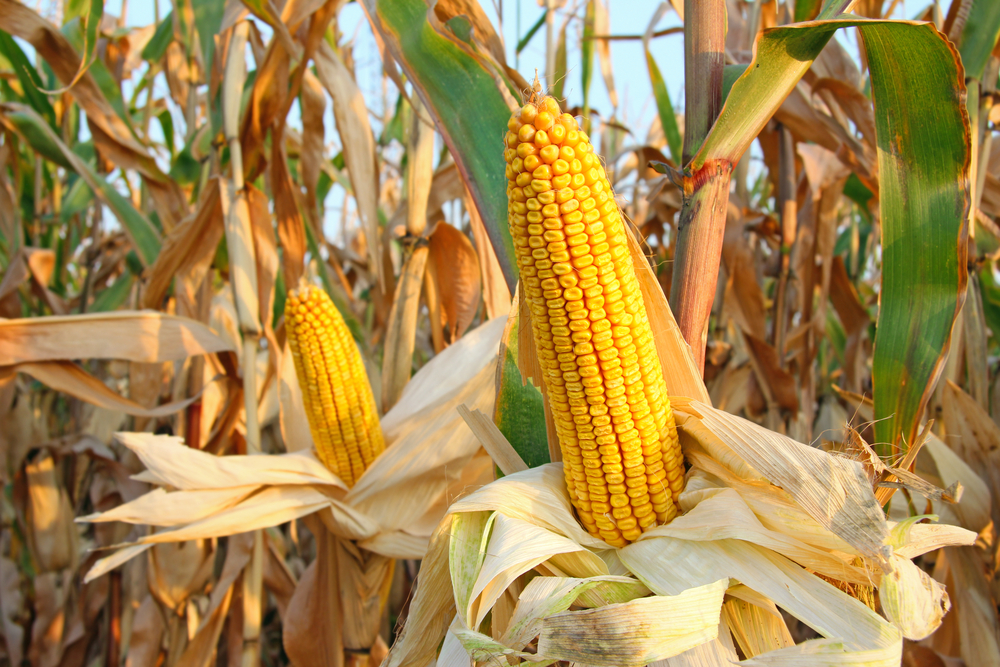Corn, in the U.S., is kind of a big deal: Nearly a third of our farmland is devoted to growing it, and we contribute nearly 40 percent of the global supply. The $67 billion industry touches nearly everything, Brooke Barton, the author of a new Ceres report, explains: “It is fed to the cattle that become Big Mac. It is in the ethanol that goes into the gasoline we buy. It’s in the snack foods that we buy, even in some of the plastics in the products we buy. It is in laundry detergents. It’s everywhere.”
It’s also a major environmental scourge, requiring more water to grow than any other crop and accounting for about half of our fertilizer use. And those inefficiencies, coupled with the effects of climate change, could mean big trouble for big corn.
Ceres, a coalition of investor and environmental groups, warns that high temperatures and water shortages associated with climate change are putting U.S. corn production at risk; all the more reason, it says, for investors to push for a move toward more sustainable growing practices. The Guardian has more:
The report amplifies warnings earlier this year from United Nations climate scientists and the National Climate Assessment that America’s agricultural industry – and specifically its corn crop – was at risk from the high temperatures and water shortages anticipated under climate change.
…About 20% of corn production is in irrigated areas. Most of those areas, about 87%, are undergoing water shortages. Corn production is threatening dwindling groundwater reserves, the report said.
The heavy use of fertiliser also imposes costs. Fertiliser for corn production is the single largest cause of the dead zone in the Gulf of Mexico.
About 10% of fertiliser used on corn ends up as run-off, polluting water supplies across the mid-west, the report said. It estimated some $420m in fertilizer was washed into the Gulf last year, depleting oxygen levels and killing off marine life.
Finding a better way to manage corn that reduces both the climate risks and the environmental impact, in other words, has never been more important.

